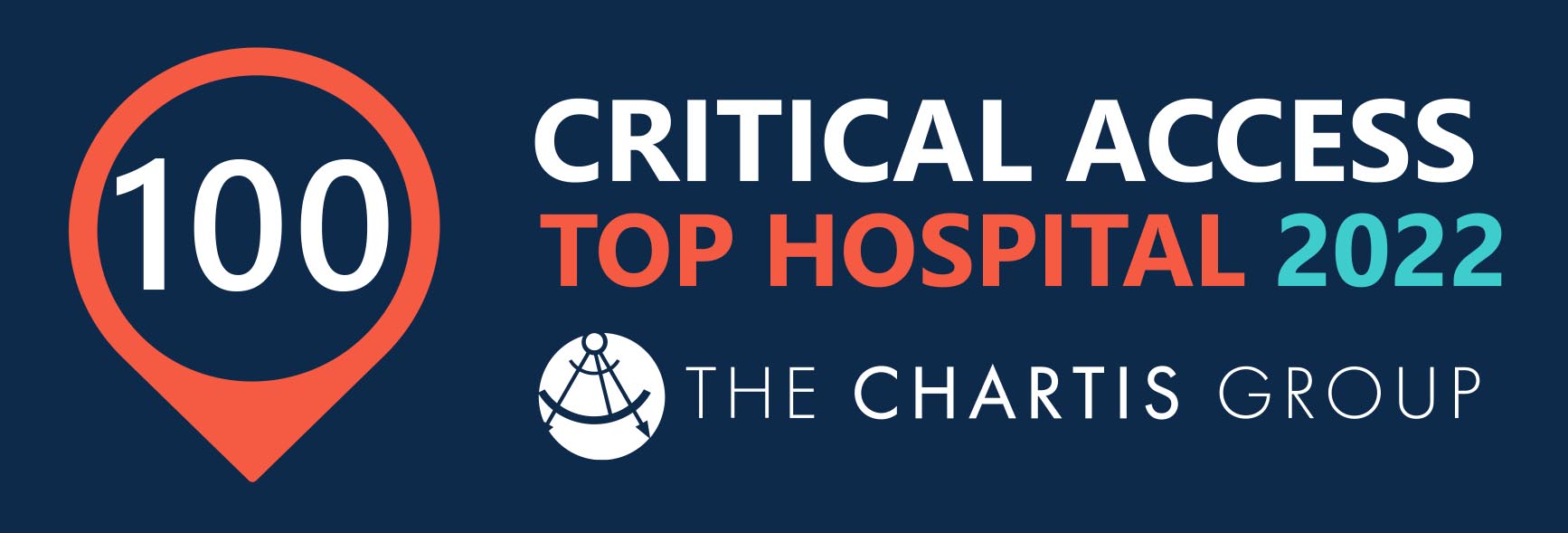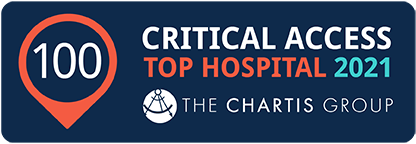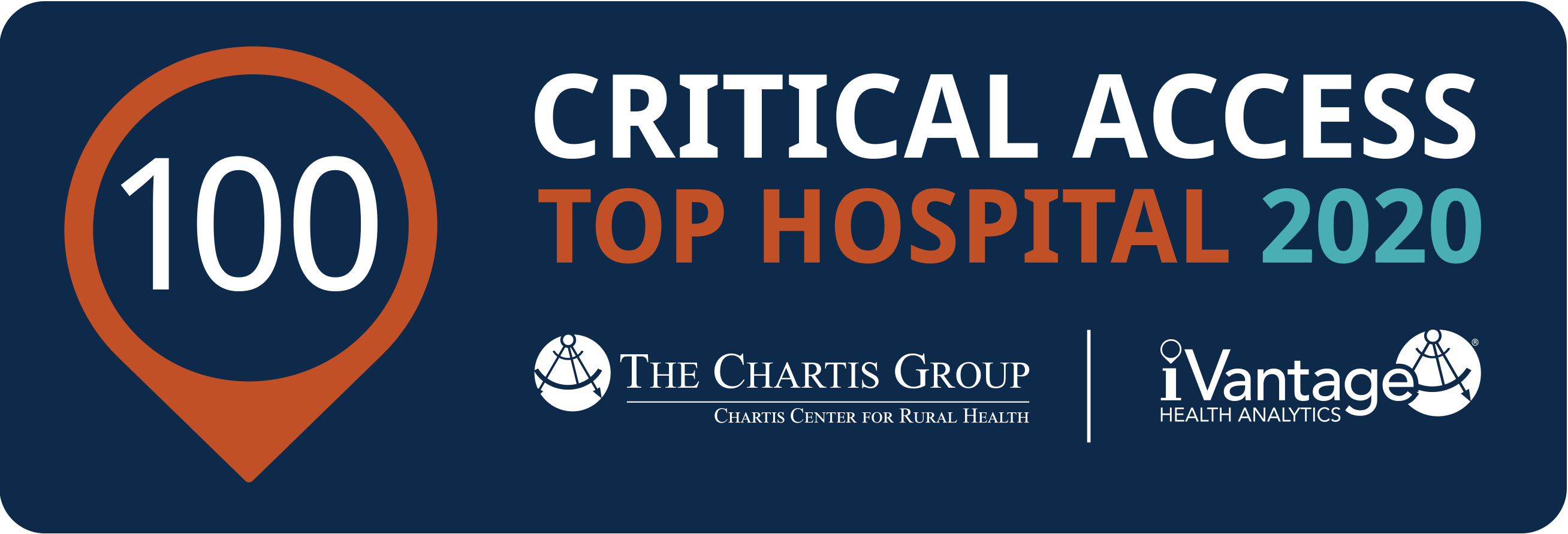
West River Health Services
MISSION
The mission of West River Health Services is to provide comprehensive health and wellness services to the residents and visitors of the region.
VISION
To be a unified organization; To provide a full spectrum of services in the continuum of care; To follow its Mission of service and Values of Excellence, Innovation, Compassion and Respect; To face with courage the constant challenges of providing rural healthcare; To accept and assert itself in the role as a regional and national leader.
CORE VALUES
Excellence in practice,
Innovation in service,
Compassion for the people we serve, and
Respect for one another.
OUR MOTTO
Quality FirstTM
Top Stories
In April I made an all expense paid trip to Washington, D.C. to present to the Medicare Payment Advisory Commission (MedPAC). The Commission is an independent commission formed by Congress whose sole purpose is to advise them on changes to Medicare payment policies.
Through connections developed through the National Rural Health Association, West River Health Services (WRHS) was part of a study on rural health by MedPAC several years ago. MedPAC staffers were sent around the nation to a variety of rural sites to gather information on delivery systems. WRHS was one of those sites and, stood out with the staffers, Jeff Stensland and Jack Ashby, who did the study.
Jeff Stensland called with an invitation to Washington to speak directly to MedPAC. When I found out that I was one of two people chosen to be given such an opportunity, I was both honored and somewhat frightened. Honored to have been selected, but frightened as making the case for what I term as "true rural health" a big load to take on my shoulders.
I am happy to report that the presentation went very well. The other presenter was a
large urban based system that had outreach to rural areas. It is an impressive system
covering a large area, many services and an operating budget of $2.3 billion but I felt
that the commission was more interested in our "true rural" system and our needs. The
presentations and questions and answer session following lasted over 2 hours but I felt very comfortable and well received by the commission.
The focus of my presentation was on issues relating to the challenges of our distances, low population density, and reimbursement. I expressed our concerns on the lack of support to primary care services, the application of urban rules to programs such as home health, the ridiculous notions of government that our EMS/Ambulance squads "compete" against each other and that cost reimbursement for "Medicare recognized costs" makes rural providers profitable. I also talked about providing help/incentives on the electronic health record conversions and making changes to promote primary care, rural health and general health access.
It was a great honor. I am glad I did it. I'm glad it is over. Now we have to wait and
watch to see not only how much they paid attention (and I believe they did) but just what
can be done in the political climate of our nation.
Jim Long, CEO
05/16/2011
For more information, sample newsletters or to get on our mailing list contact:
Community Relations
West River Regional Medical Center
1000 Highway 12
Hettinger, ND 58639-753
The prestigious American Diabetes Association Education Recognition Certificate for a quality diabetes self-management education program was recently awarded to the West River Health Services Diabetes Program in June. The program was originally recognized in July of 2002. ADA believes that this program offers high-quality education that is an essential component of effective diabetes treatment.
The Association’s Education Recognition Certificates assure that educational programs meet the National Standards for Diabetes Self-Management Education Programs. These standards were developed and tested under the support of the National Diabetes Advisory Board in 1983 and were revised by the diabetes community in 1994, 2000 and 2007.
Programs apply for recognition voluntarily. Programs that achieve recognition status have a staff of knowledgeable health professionals who can provide participants with comprehensive information about diabetes management. “The process gives professionals a national standard by which to measure the quality of services they provide,” comments Barbara West, RN, CDE, West River Health Services Diabetes Education Coordinator.
“And, of course, it assures the consumer that he or she will likely receive high-quality service,” adds Linda Nudell, RD, LRD, CDE, Manager of the program. Education recognition status is verified by an official certificate from ADA and awarded for four years.
According to the American Diabetes Association, there are 25.8 million people of 8.5% of the population in the Unites States who have diabetes. While an estimated 18.8 million have been diagnosed, unfortunately, 7.0 million people are not aware that they have this disease. Each day approximately 5,205 people are diagnosed with diabetes. Many will first learn that they have diabetes when they are treated for one of its life-threatening complications – heart disease and stroke, kidney disease, blindness, and nerve disease and amputation. About 1.9 million new cases of diabetes were diagnosed in people aged 20 years or older in 2010 in the US. Diabetes contributed to 231,404 deaths in 2007, making it the seventh leading cause of death in the US. Overall, the risk for death among people with diabetes is about twice that of people of similar age without diabetes.
The American Diabetes Association is the nation’s leading non-profit health organizations supporting diabetes research, advocacy and information for health professionals, patients and the public. Founded in 1940, the association has an area office in every state and conducts programs in communities nationwide.
For more information on recognized education programs in your area or other American Diabetes Association programs, call your local ADA office or contact the ADA online at www.diabetes.org.
07/15/2011
For more information, sample newsletters or to get on our mailing list contact:
Community Relations
West River Regional Medical Center
1000 Highway 12
Hettinger, ND 58639-753
In an effort to gauge the overall health needs of our community’s, West River Health Services will survey residents during an approximately three-week period starting October 10. Results of the survey will provide guidance to West River Health Services on better ways to address health care needs while also complying with new requirements of health care reform laws. The new regulations require non-profit hospitals to assess the community’s health needs periodically. West River Health Services is receiving assistance in conducting the assessment from the Center for Rural Health at the University of North Dakota School of Medicine and Health Sciences.
Surveys will be distributed to area residents through various channels, including a mailing to area households, and by distributing the survey to in-patient and out-patient consumers who use West River Health Services facilities during the survey period. West River Health Services strongly encourages all area residents to participate in the survey. Residents may access an interactive, online version of the survey http://ruralhealth.und.edu/surveys/survey.php?sid=82.
Additionally, written copies are available by calling Cindy Ham at 567-6190 or email cindyh@wrhs.com. All survey responses are anonymous, and there is no way to track responses back to individuals. A postage-paid return envelope is included with each written survey. Survey responses are returned to the Center for Rural Health to help ensure anonymity.
The survey will allow West River Health Services to learn of the community’s awareness of local health care services being provided, hear suggestions and help identify any gaps in current and future services, and determine preferences for using local health care versus traveling to other facilities. In addition to specific questions, the survey also seeks general, open-ended input from residents about the community’s health needs and the delivery of local health care. Completing the survey takes about five to 10 minutes.
“We need to hear from our patients and public as to what services are desired and needed but currently not provided” states Jim Long, CEO. “Past input has provided direction in access, services and facilities that have helped shape us to the organization and services that we are today. However, times and patient needs are changing. We need to focus on the future and to meet these changing needs.”
The cost of the survey is covered by the Medicare Rural Hospital Flexibility (Flex) Grant Program, a project of the Center for Rural Health. The Flex Program is a state-based partnership that works with and assists all rural hospitals to stabilize and sustain their local healthcare infrastructure.
9/29/2011
For more information, sample newsletters or to get on our mailing list contact:
Community Relations
West River Regional Medical Center
1000 Highway 12
Hettinger, ND 58639-753
How eEmergency Works
eEmergency is part of Avera eCARE™, a suite of innovative technology applications developed to improve patient safety and support the rural health care workforce. This innovative service, now available at West River Regional Medical Center, links two-way video equipment in local emergency rooms to emergency-trained physicians at a central hub in Sioux Falls, 24 hours a day, seven days a week. This provides immediate support to physician-rendered emergency care in their local community.
“Board-certified emergency medicine physicians take a team approach,” says Dr. Don Kosiak, Avera eCARE Services medical director. “It is best when one of us does the critical thinking and one of us is doing, so eEmergency is a play out of this team approach in the rural setting,” Dr. Kosiak explains, noting the access it gives rural providers, who often practice alone, to a consult on request.
Helping Patients and Families
Some of the ways eEmergency supports patient care in the local community include:
1.Supporting activation of emergency transport teams as early as possible, saving seconds
2.Providing support when the local facility experiences multiple emergency cases at once
3.Reducing unnecessary transfers
4.Assuring patients’ families unnecessary travel.
“eEmergency gives us the ability to extend and enhance the services of our medical providers and thereby the levels of health care in our community,” says Jim Long, administrator. “It elevates the number of professionals available to support in our Emergency Department to where we are able to give better care in our community and keep patients here because we have a great team standing right beside us at all times – at our fingertips when we need them.”
###
About Avera
Avera Health is the leading health system in the region providing high-quality care close to home at 297 locations in 95 communities. Avera’s unique partnership model makes possible a wide range of medical services through the expertise of specialists, sophisticated technology and cutting-edge research to meet the health care needs of local communities and providers.
9/28/2011
For more information, sample newsletters or to get on our mailing list contact:
Community Relations
West River Regional Medical Center
1000 Highway 12
Hettinger, ND 58639-753
Governor Jack Dalrymple has proclaimed October as Inflammatory Breast Cancer Awareness Month in North Dakota.
The American Cancer Society estimates that 200,000 women will be diagnosed with breast cancer each year. Among these, 1 percent to 5 percent will be diagnosed with a far more aggressive form – inflammatory breast cancer (IBC).
Because the symptoms of IBC are so different from other forms of breast cancer, accurate diagnosis and timely treatment essential to survival often are delayed. IBC does not present with a lump but with a red rash that often is mistaken for mastitis or other skin conditions. IBC usually grows in “nests” or “sheets,” rather than a tumor that causes a lump. Some women also experience thickening of the skin, pain and itching. As the cancer grows, it can result in dimpling of the skin, a condition called “peau d’orange.”
With the introduction of systemic chemotherapy, the five-year overall survival rate with a diagnosis of IBC has improved from 0 percent to 5 percent in the 1990s to a five-year survival rate of 40 percent and a 10-year survival rate of 35 percent today. With the advancements in targeted therapy, many women with IBC are now living longer with a better quality of life.
“Unfortunately, there is no early detection method for inflammatory breast cancer,” said Mary Ann Foss, director of the Division of Cancer Prevention and Control for the North Dakota Department of Health. “Because IBC usually cannot be detected by mammography, it’s very important that women recognize the signs and symptoms of the disease.”
Symptoms of inflammatory breast cancer include:
• A breast that appears discolored (red, purple, pink or bruised).
• A tender, firm and enlarged breast (sometimes overnight).
• A warm feeling in the breast (or may feel hot/warm to the touch).
• Persistent itching of the breast (not relieved with cream or salve).
• Shooting or stabbing pain.
• Ridged or dimpled skin texture, similar to an orange peel.
• Thickened areas of breast tissue.
• Enlarged lymph nodes under the arm, and/or above or below the collarbone.
• Flattening or retraction of the nipple.
• Swollen or crusted skin on the nipple.
• Change in color of the skin around the nipple.
“If one or more of these symptoms continue for more than a week, talk to health-care provider immediately, and find someone who has experience treating this particular type of breast cancer,” Foss said. “It’s important that women become their own best advocate when it comes to ruling out inflammatory breast cancer.”
More information about inflammatory breast cancer can be found by visiting www.eraseibc.com. For more information about Inflammatory Breast Cancer Awareness Month, contact Mary Ann Foss, North Dakota Department of Health, at 701.328.2472.
09/04/2011
For more information, sample newsletters or to get on our mailing list contact:
Community Relations
West River Regional Medical Center
1000 Highway 12
Hettinger, ND 58639-753















